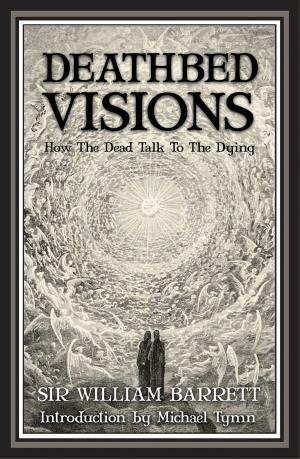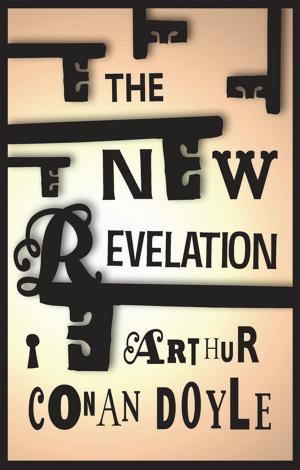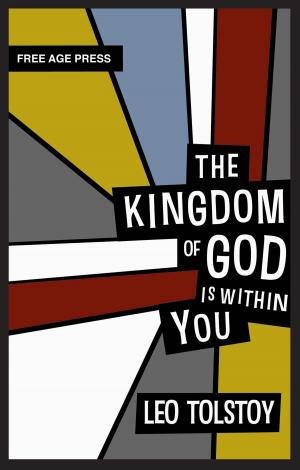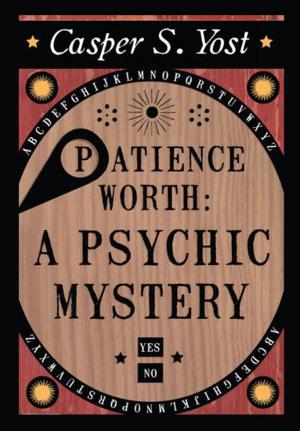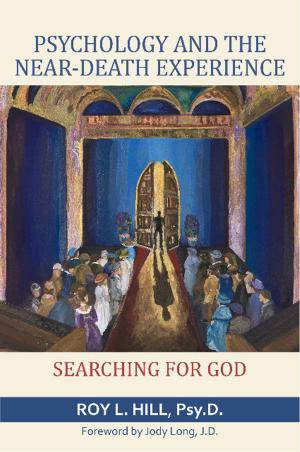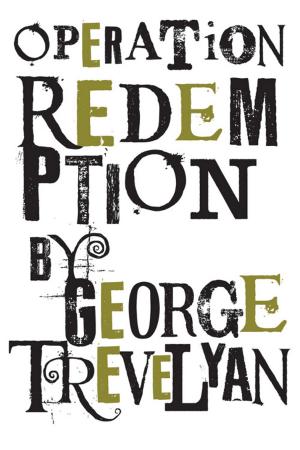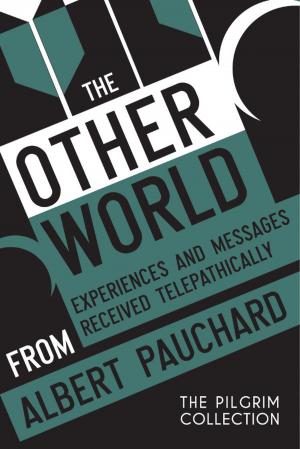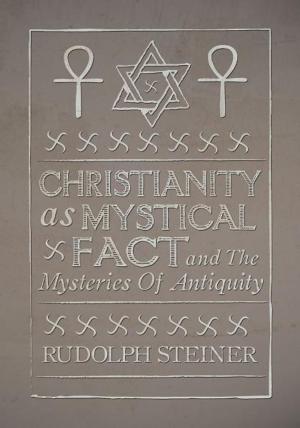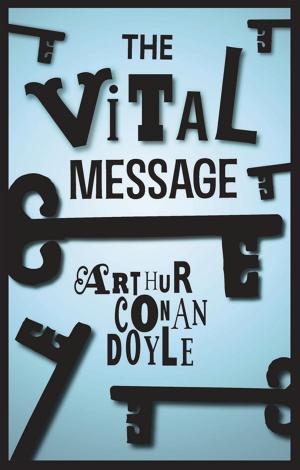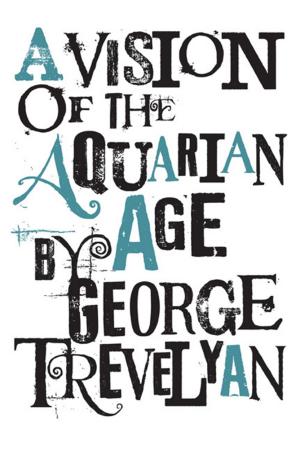The Ethics of Diet: An Anthology of Vegetarian Thought
Nonfiction, Food & Drink, Vegetarian, Religion & Spirituality, Philosophy| Author: | Howard Williams | ISBN: | 9781907355721 |
| Publisher: | White Crow Productions Ltd | Publication: | March 1, 2010 |
| Imprint: | White Crow Books | Language: | English |
| Author: | Howard Williams |
| ISBN: | 9781907355721 |
| Publisher: | White Crow Productions Ltd |
| Publication: | March 1, 2010 |
| Imprint: | White Crow Books |
| Language: | English |
This book is a history of vegetarianism as told through the writings of some of history's great thinkers and writers. The author Howard Williams travels back in time to Antiquity and from there moves through the centuries all the way up to his contemporaries in the 19th century. Leo Tolstoy was impressed with 'The Ethics of Diet; he had it translated into his native Russian and wrote the narrative for the Russian edition. Throughout the ages many of the world's finest minds detested the eating of flesh and the cruelty that humans inflict on their fellow creatures.Buddha advocated a vegetarian diet for his monks and stated:"There hath been slaughter for the sacrificeand slaying for the meat but henceforth noneshall spill the blood of life nor taste of flesh;seeing that knowledge grows and life is oneand mercy cometh to the merciful."Pythagoras abstained from eating meat around the age of nineteen as he believed that abstaining from flesh kept the soul pure.Lamblichus who studied Pythagoras stated that the great mathematician;Enjoyed abstinence from the flesh of animals because it is conducive to peace; for those who are accustomed to abominate the slaughter of other animals as iniquitous and unnatural will think it still more unjust and unlawful to kill a man or to engage in war."Arthur Schopenhauer the German philosopher said;"Since compassion for animals is so intimately associated with goodness of character it may be confidently asserted that whoever is cruel to animals cannot be a good man."Plutarch Seneca Plato Shelley and Wagner all grace these pages and many more… Thoreau observes"One farmer says to me "You cannot live on vegetable food solely for it furnishes nothing to make the bones with;" and so he religiously devotes a part of his day to supplying himself with the raw material of bones; walking all the while he talks behind his oxen which with vegetable-made bones jerk him and his lumbering plough along in spite of every obstacle." Short DescriptionThis book is a history of vegetarianism as told through the writings of some of history's great thinkers and writers. The author Howard Williams travels back in time to Antiquity and from there moves through the centuries all the way up to his contemporaries in the 19th century. Leo Tolstoy was impressed with 'The Ethics of Diet; he had it translated into his native Russian and wrote the narrative for the Russian edition. Throughout the ages many of the world's finest minds detested the eating of flesh and the cruelty that humans inflict on their fellow creatures.Buddha advocated a vegetarian diet for his monks and stated:"There hath been slaughter for the sacrificeand slaying for the meat but henceforth noneshall spill the blood of life nor taste of flesh;seeing that knowledge grows and life is oneand mercy cometh to the merciful."Plutarch Seneca Plato Shelley and Wagner all grace these pages and many more…
This book is a history of vegetarianism as told through the writings of some of history's great thinkers and writers. The author Howard Williams travels back in time to Antiquity and from there moves through the centuries all the way up to his contemporaries in the 19th century. Leo Tolstoy was impressed with 'The Ethics of Diet; he had it translated into his native Russian and wrote the narrative for the Russian edition. Throughout the ages many of the world's finest minds detested the eating of flesh and the cruelty that humans inflict on their fellow creatures.Buddha advocated a vegetarian diet for his monks and stated:"There hath been slaughter for the sacrificeand slaying for the meat but henceforth noneshall spill the blood of life nor taste of flesh;seeing that knowledge grows and life is oneand mercy cometh to the merciful."Pythagoras abstained from eating meat around the age of nineteen as he believed that abstaining from flesh kept the soul pure.Lamblichus who studied Pythagoras stated that the great mathematician;Enjoyed abstinence from the flesh of animals because it is conducive to peace; for those who are accustomed to abominate the slaughter of other animals as iniquitous and unnatural will think it still more unjust and unlawful to kill a man or to engage in war."Arthur Schopenhauer the German philosopher said;"Since compassion for animals is so intimately associated with goodness of character it may be confidently asserted that whoever is cruel to animals cannot be a good man."Plutarch Seneca Plato Shelley and Wagner all grace these pages and many more… Thoreau observes"One farmer says to me "You cannot live on vegetable food solely for it furnishes nothing to make the bones with;" and so he religiously devotes a part of his day to supplying himself with the raw material of bones; walking all the while he talks behind his oxen which with vegetable-made bones jerk him and his lumbering plough along in spite of every obstacle." Short DescriptionThis book is a history of vegetarianism as told through the writings of some of history's great thinkers and writers. The author Howard Williams travels back in time to Antiquity and from there moves through the centuries all the way up to his contemporaries in the 19th century. Leo Tolstoy was impressed with 'The Ethics of Diet; he had it translated into his native Russian and wrote the narrative for the Russian edition. Throughout the ages many of the world's finest minds detested the eating of flesh and the cruelty that humans inflict on their fellow creatures.Buddha advocated a vegetarian diet for his monks and stated:"There hath been slaughter for the sacrificeand slaying for the meat but henceforth noneshall spill the blood of life nor taste of flesh;seeing that knowledge grows and life is oneand mercy cometh to the merciful."Plutarch Seneca Plato Shelley and Wagner all grace these pages and many more…

